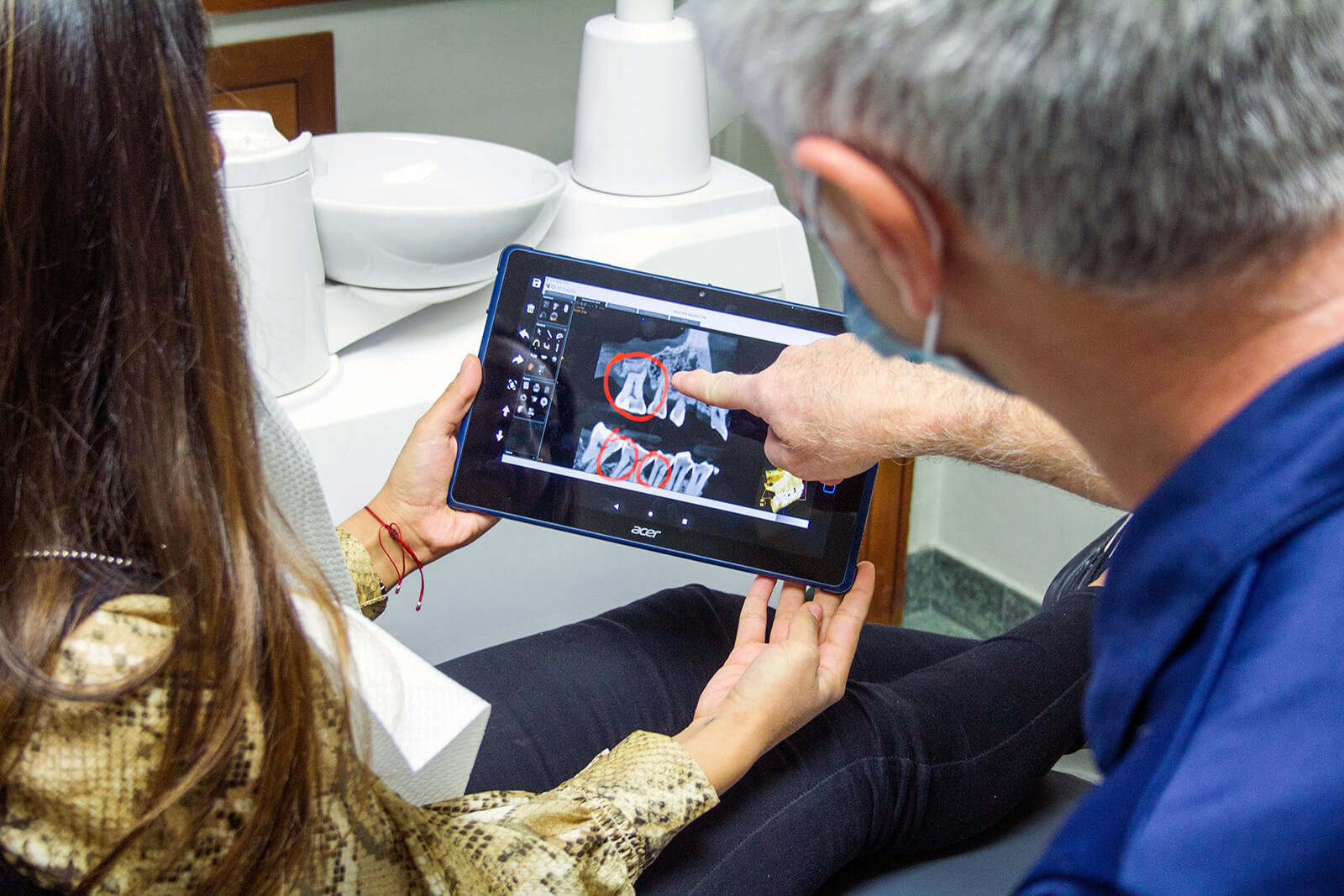What’s the biggest single expense in your organization? If you’re like most pharmaceutical companies, it’s the cost of your field sales force.
According to a recent analysis, seven of the top 10 pharma companies spend more money on sales and marketing than drug research and development – totaling a combined $137 billion in 2020 alone. And as every commercial team leader knows, field sales representatives are the largest line item of a pharma sales budget.
With so much invested in field sales, improving the effectiveness of your sales reps is a simple way to generate an immediate return on your investment. Because after all, developing a good product is just the beginning. Commercial success in the pharma industry is dependent on clearly communicating the value of a drug to the physicians who will prescribe it.
At KeyOps, we’ve helped a number of pharma customers leverage targeted physician market research to optimize the efforts of their field sales teams. During the course of this work, some common themes continue to emerge. Here are three ways pharma companies can improve sales force effectiveness – from a physician’s perspective.
Top 3 Tips for Pharma Sales Reps
1. Know the physician's patient population
When we survey physicians, one of the most common complaints about pharma sales representatives is their tendency to “show up and throw up.” A rep will arrive at a physician’s office and dive right into their sales presentation – without attempting to truly understand the needs of a physician’s patient population.
As a sales rep, you may view the physician as your customer. But ultimately, that physician’s responsibility is to serve the patient. So ask yourself: Is the type of patient your drug is designed to help actually present in the physician’s practice? If so, then what are the specific needs of that patient population, and how – specifically – can your product help address them?
Instead of launching right into a canned sales presentation, start by asking thoughtful questions. Get to know the details about their patients to uncover relevant issues. Then, tailor your messages in a way that is personalized to their practice.
By listening to a physician’s needs and only discussing what’s immediately relevant to their patients, you’ll gain an audience that’s more inclined to consider your contribution to the conversation.
2. Learn their reimbursement process
With so many specialty drugs on the market, reimbursement can become a serious barrier to getting your product regularly prescribed to patients.
Depending on specific reimbursement models, a physician may have to prove that multiple other drugs aren’t working before your product is covered. This process is often a real administrative headache – especially in smaller practices that don’t have the infrastructure for reimbursement navigation.
As a sales rep, gaining a better understanding of a physician’s administrative processes can help you offer solutions to these reimbursement-related challenges. Armed with a better understanding of their specific reimbursement struggles, you can recommend workflows that make your drug easier to prescribe – or position patient support programs as a solution to help with reimbursement navigation.
3. Understand their medical education needs
Physicians are obviously a highly educated audience. But while they may understand the basic science behind how a drug works, there will still be some knowledge gaps that sales reps need to fill.
To best identify these gaps, you’ll need to start with some type of needs assessment. Whether that’s an informal conversation or a more formal medical education needs assessment. Sales reps should use this information to tailor their conversations, like understanding which medical education event would be most relevant to invite their customer to. Doing so will result in more productive sales conversations, specifically as it relates to the science of how your drug fits into their treatment plan.
Identify Specific Improvement Areas for Pharma Sales Reps with KeyOps
The research-based tips above represent some common ways any pharmaceutical company can improve its sales force effectiveness. But if you’re looking for more precise, actionable feedback, KeyOps can help.
Our targeted physicians surveys can be used to gain valuable feedback on the strengths and weaknesses of your field sales force – collected directly from the physicians they’re selling to. Using this approach, we’ve helped pharma companies uncover insights that can make an immediate difference to their bottom lines. Some examples of market research you can collect with KeyOps includes:
- Measuring physician attitudes and perceptions toward your sales reps.
- Understanding how your field sales efforts stack up against the competition.
- Ranking the value physicians place on sales rep attributes, such as product knowledge, asking thoughtful questions, or demonstrating empathy.
- Getting fast, real-time feedback on sales tools and patient support programs.
- Completing a medical education needs assessment with your medical team.
Equipped with these types of specific insights, pharma companies can invest in sales rep training and development to maximize field sales ROI. Then, you can conduct another survey later on to measure any changes in physician perceptions.
Boost Your Sales Force Effectiveness with KeyOps
Ready to learn more about how KeyOps can help maximize the return on your company’s single biggest investment – field sales reps? Contact us today to get in touch with a member of our team.

This is a brief blurb that should summarize what loop does. Maybe it will serve as a brief intro to some of the features?

.jpg)




